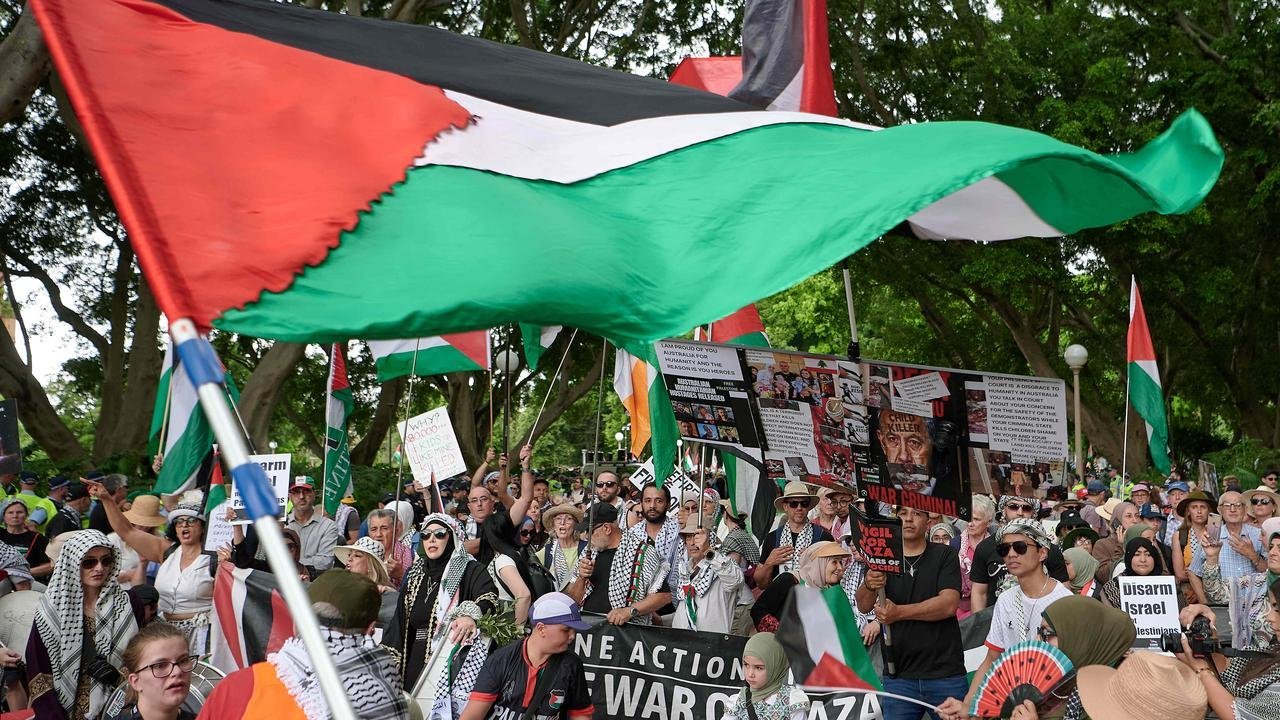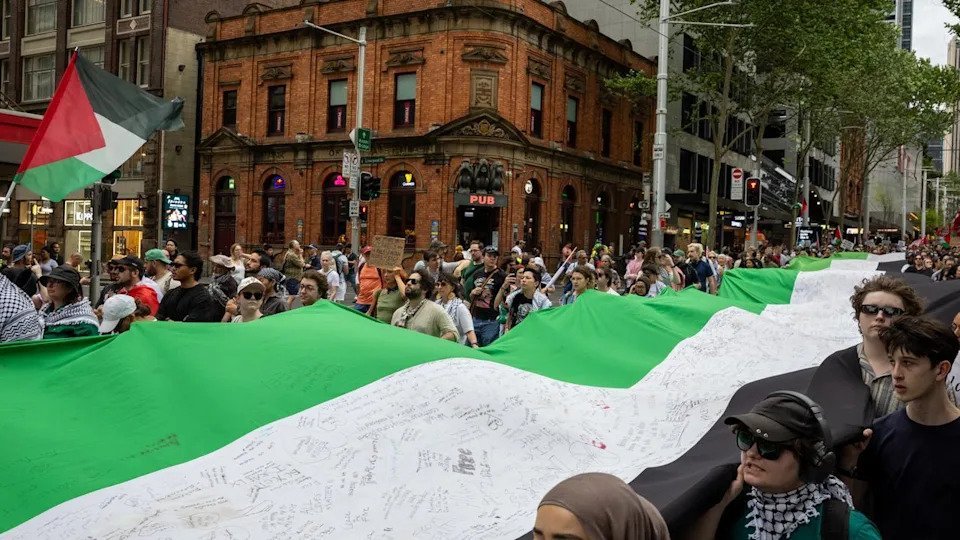Landmark Ruling: NSW Supreme Court SENSATIONALLY Strikes Down Draconian Laws Restricting Protests Near Places of Worship
- A judge has deemed anti-protest laws unconstitutional, sparking widespread celebration among pro-Palestine activists and free speech advocates.
- The laws, introduced in February, allowed police to move protesters away from places of worship, sparking claims of overreach and stifled freedoms.
- Justice Anna Mitchelmore ruled the laws “wrongly burdened people’s freedom of communication” and were “invalid”, in a major victory for activist Josh Lees.
In a dramatic development, the NSW Supreme Court has struck down contentious laws restricting protests near places of worship, in a landmark ruling that has sent shockwaves through the community. The laws, which were hastily introduced in February, had been widely condemned by free speech advocates and pro-Palestine activists, who argued they were draconian and unconstitutional.
The court’s decision is a major victory for activist Josh Lees, who had challenged the laws on the grounds that they unfairly restricted the right to peaceful protest. Lees’s lawyers had argued that the laws were discriminatory, as they targeted specific types of political speech and favoured certain viewpoints over others.
Justice Anna Mitchelmore, who presided over the case, was scathing in her assessment of the laws, finding that they “wrongly burdened people’s freedom of communication” and were “invalid”. The ruling is a significant blow to the NSW Government, which had introduced the laws in response to anti-Semitic acts and threats of personal violence.
“This is a great day for free speech and the right to peaceful protest in NSW,” Lees said in a statement. “The court’s decision sends a clear message that the government cannot simply introduce laws that restrict our fundamental rights without proper scrutiny and debate.”

The ruling has sparked widespread celebration among pro-Palestine activists and free speech advocates, who had argued that the laws were an attack on democracy and the right to peaceful protest. “This is a major victory for our community and a testament to the power of grassroots activism,” said one activist.
However, the NSW Government has vowed to appeal the decision, with Attorney-General Michael Daley arguing that the laws were necessary to protect people’s safety and security. “We are disappointed with the court’s decision and will be appealing it,” Daley said in a statement.
The ruling has significant implications for the future of protest laws in NSW, and is likely to spark renewed debate about the balance between free speech and public safety. As one activist noted, “This is a major victory, but we know that the fight for free speech and the right to peaceful protest is far from over.”

